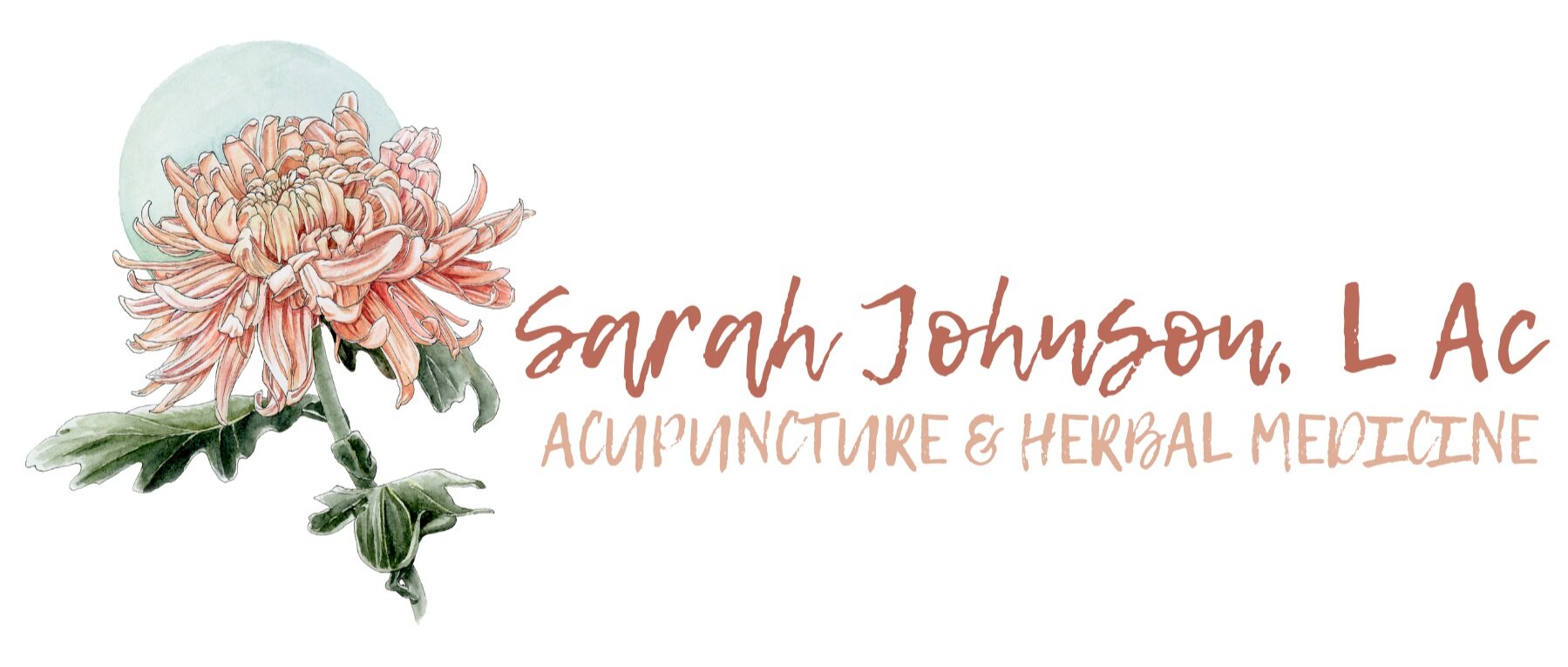Acupuncture For Lactation and Breast Milk Supply
Breastfeeding can bring a whole new set of challenges to a new mother. Thankfully, acupuncture and Traditional Chinese Medicine (TCM) can help with issues such as insufficient lactation, mastitis, and working through some of the emotional difficulties that may come along with breastfeeding. These treatments are safe for nursing mothers and infants and are free of side effects.
First, it is important to have the correct positioning of your baby in order for him or her to 'latch on' which will in turn stimulate milk production. Correct positioning will also help with flow. Talk to your doctor, midwife, doula, or a breastfeeding specialist if you are unsure of the right position. A successful first feed will have a profound impact on your confidence level during this time.
In TCM, lactation disorders fall into two distinct categories: low milk supply or milk not flowing. Mastitis makes up a third category that I will talk about as well. Low milk supply is a diagnosis of insufficient energy and blood supply in the mother. Milk not flowing or problems with let-down are diagnosed as stagnation of energy which prevents milk from moving down the ducts and out of the nipple. It is not unusual for a mother to have a combination of deficiency (lack of energy and blood) and stagnation (unable to let-down or express the milk) at the same time.
In TCM, it is understood that a woman’s menstrual blood is converted into breast milk once her baby is born. This is the same blood that was going to the placenta prior to birth. Energy is required to convert her blood into milk, and blood itself is required to become the milk. Someone who tends toward anemia or who has significant blood loss during delivery can result in a low supply of blood, resulting in poor milk supply. Exhaustion due to labor and sleep deprivation can prevent the mother’s body from producing milk because there is not enough energy to generate the milk. This can be helped with acupuncture, herbal medicine, nutritional guidance, and of course, rest. Foods that help in blood production will also help with milk production. These include organic red meats, fish, green vegetables, eggs, and collagen-rich soups made from ham-hocks or chicken with the skin included in the soup stock. I will often recommend Floradix to my patients, which is a plant based liquid iron supplement that is easily absorbed and less rough on the digestive system as some other iron supplements.
The second lactation disorder in TCM is the stagnation or blockage of energy in and around the breasts which prevents the milk from flowing and impairs let-down. Stagnation can lead to breast fullness, distension, pain, pressure and engorgement. Stagnation can also lead to mastitis, which is an infection of the breast tissue which results in pain, swelling, redness, and possibly fever and chills. In TCM one of the major causes of this blockage is emotional: feelings of being stressed-out, angry, resentful, frustrated or depressed. It's not a surprise that women who have already had a difficult pregnancy wind up having breastfeeding issues related to stagnation. The emotions that cause stagnation of energy often occur in the liver energy channel. In TCM the liver channel controls the woman’s nipple function and also can facilitate or block the flow of energy and milk in the surrounding energy channels and ducts in the breast. Stagnation causing problems with let-down and milk flow is treated most effectively with acupuncture, massage therapy, and stress reduction practices.
Mastitis is a combination of stagnation of energy, blood, and milk in combination with infection. Combining Western medicine with TCM to treat mastitis is more effective than Western medicine by itself. Antibiotics prescribed by your physician will clear up the infection, and a combination of acupuncture, massage, herbs, and compresses for the breast can alleviate blockage, thereby reducing engorgement and inflammation. Herbal prescriptions can be combined safely with antibiotics as a treatment protocol and are also safe for the breastfeeding infant. In addition to the above mentioned treatments, expressing milk as often as possible by nursing, or with a pump is important in the successful treatment of mastitis.
Whatever your particular breastfeeding challenge is, please feel free to call or email me with questions or to schedule an appointment. sarahjohnson987@gmail.com 617-308-6620




